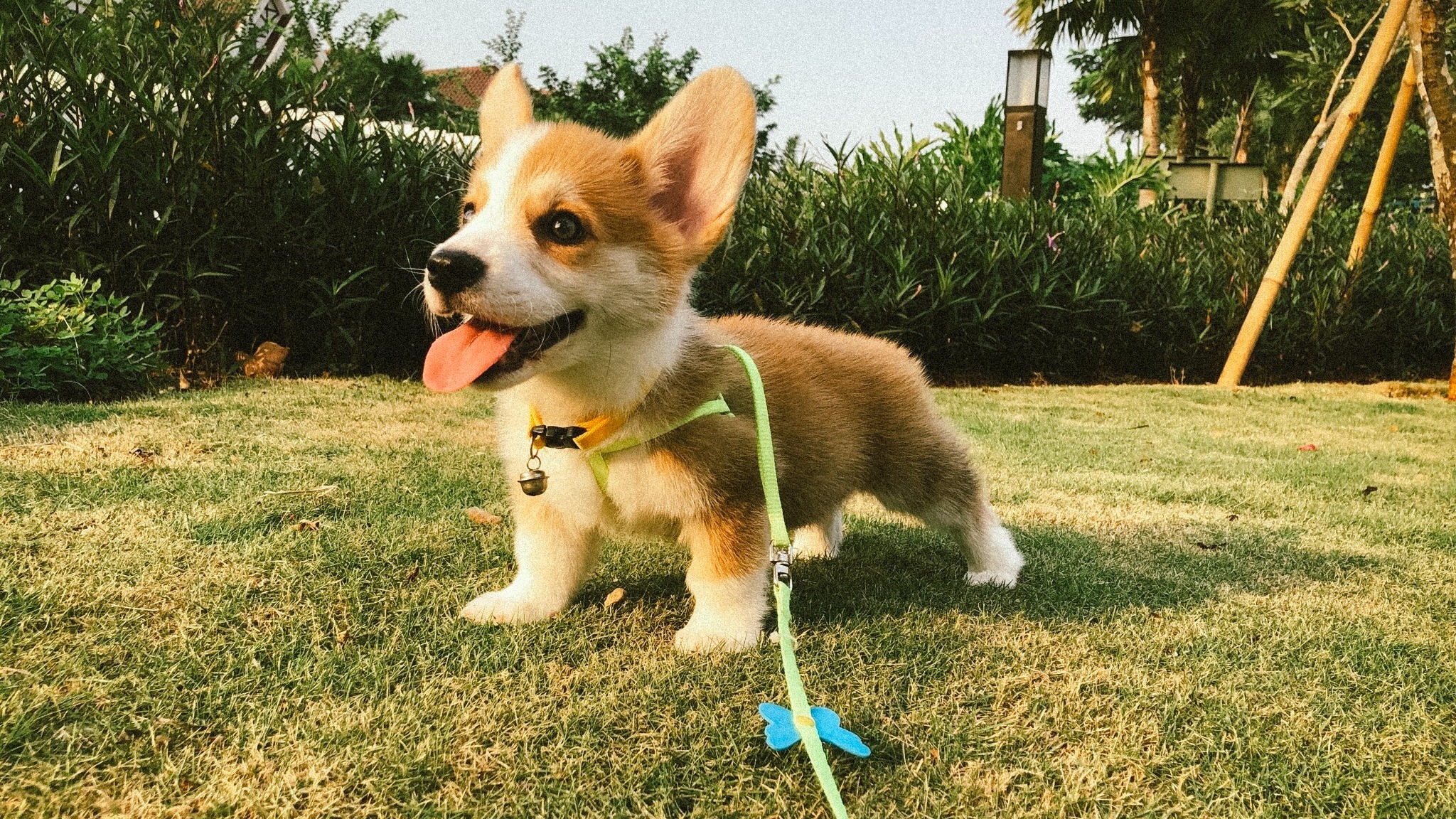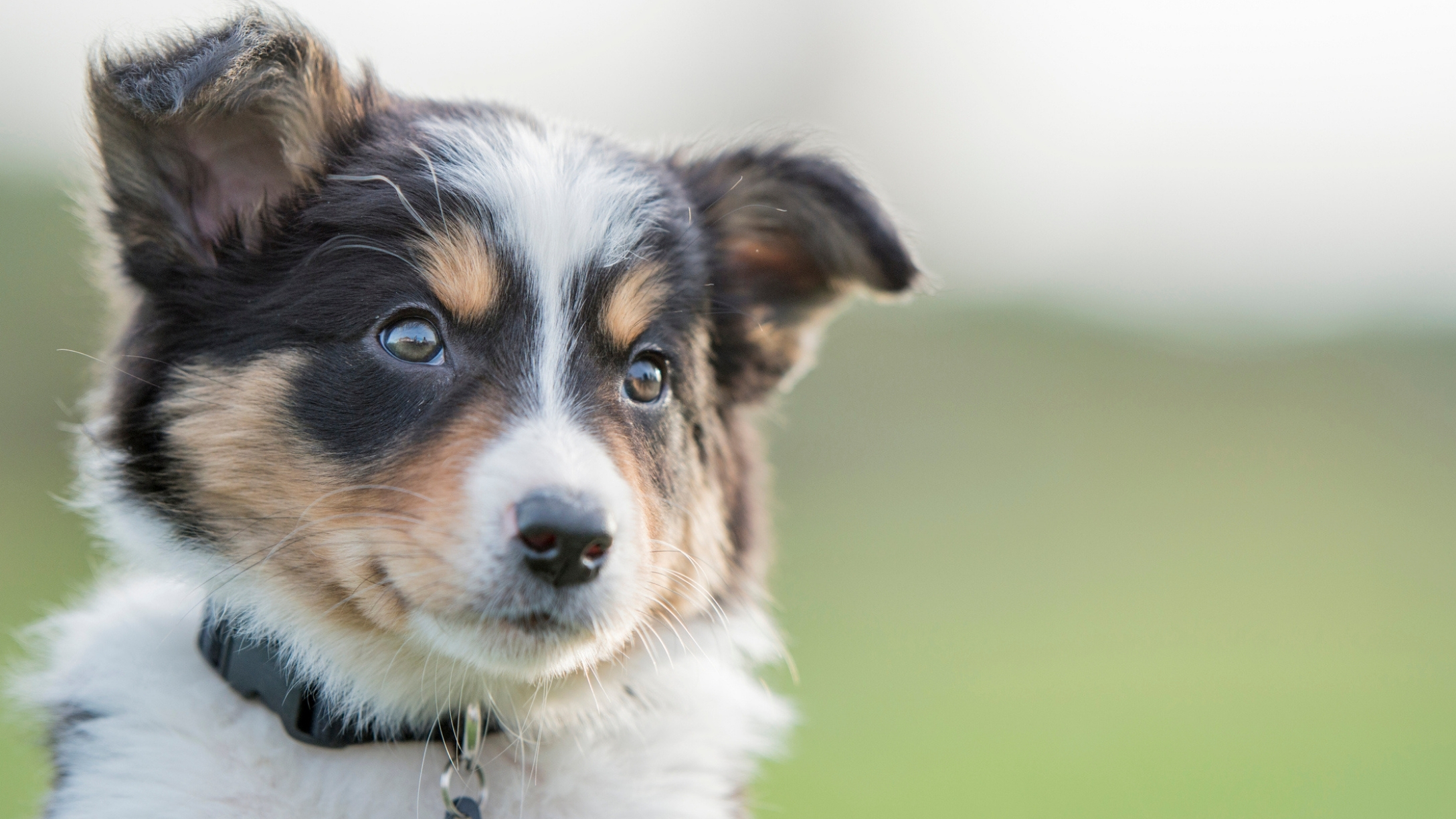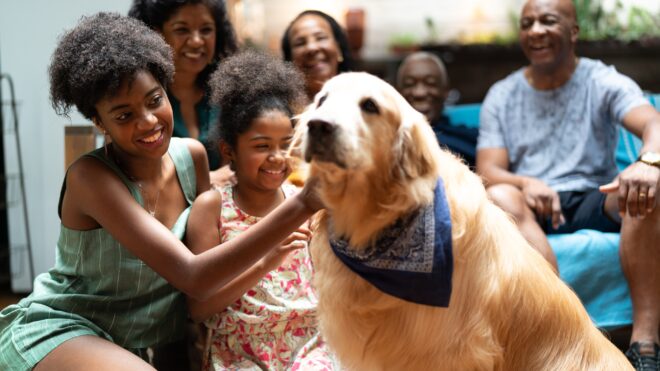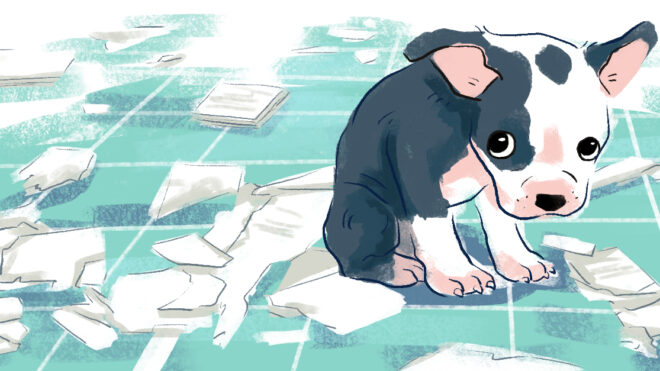
Byline: Robert Thomas, Dog Trainer
Training a puppy is both a lot of fun and also a lot of work. It is a long-term, arguably lifelong project that relies on relationship building, cross-species communication, and a deep bond of understanding between two living creatures. In other words, it is complicated.
There are a lot of moving parts and subjective decisions involved in training a dog, and it can be easy to get things wrong, even with good intentions and extensive research.
Here are six common mistakes people make when training their dogs, advice on how you can avoid them, and suggestions for what you should do instead to raise a well-trained, well-mannered pup.
1. Failing To Build a Relationship With Your Dog

Dog training is all about the relationship between hound and human — a relationship that should ideally be based on love and mutual respect. Dogs may be descended from wolves (and some still look like them!), but any advice that tells you that you need to assert yourself as the “alpha” or more dominant force in your relationship with your dog is outdated and badly misunderstands dogs (and wolves, for that matter).
Your dog should not obey your commands because they are frightened of you but because they want to please you and know good things will happen when they do. This is one of the reasons that positive reinforcement is much, much more effective than negative reinforcement or punishment in training a dog.
2. Training the Puppy To Associate Their Name With Anger or Punishment
A dog should not just know their own name; they should love their name. If they associate their name with positive things — like treats, pets, and words of praise — they will be more likely to pay attention to it and listen to future commands associated with it. This may seem obvious, but a lot of owners, entirely by accident, form the opposite association in their dogs by using their names more when they are angry or upset with their behavior.
Instead of "Kevin, stop that!" train them to think of their name as a good thing by using it in praise — dogs can recognize some words and phrases, but they are even better at recognizing a tone as positive or negative — as well as giving a new puppy treats and lots of cuddles and games when you say their name, until they learn that when they hear the word Kevin, something good is about to happen, and so they should pay attention.
3. Training the Puppy To Associate You With Anger or Punishment
Similar to mistake No. 1, this can happen all too easily when a new dog parent focuses too much on "disciplining" their pup and negative reinforcement, or even just gets frustrated too often, like when they pee on the rug for the third time that day. Your dog needs to know that you are their person and a source of all good things, and so you have to show them that, over and over again.
Positioning yourself as the benevolent giver of treats, cuddles, and praise — not just when they are a puppy but throughout your relationship — will help your dog trust you. Remember that dogs work best on positive reinforcement, and they will not know why you might be upset; their brains simply are not wired to make the leap from "Parent is upset with me" to "Parent is upset that I peed on the rug" to "OK, that means I should not pee on the rug anymore." All they know is that you are yelling at them, and they do not like being yelled at, and therefore they do not like you. And you will have a hard time getting a dog who does not like you to do anything for you.
5. Lack of Consistency
When it comes to dogs, consistency is the No. 1 thing that will help them learn what is and is not appropriate behavior. If you never feed your dog at the table or respond to begging, they will learn that the dinner table is not a source of food, no matter how many delicious smells might be coming from it.
However, even occasionally offering food from the table will create a positive feedback loop between begging at the table and getting tasty table scraps. Again, this is about the simple associations your dog will form in their mind; they will not understand the idea of a one-time thing or special occasion. Consistency is key in making sure your dog forms the associations you want them to.
5. Waiting Too Long To Start
This one can happen for a number of reasons, from not wanting to make a puppy “work” in training to simply being too caught up in the adrenaline high of having a new puppy to remember that you are supposed to train them. However, as soon as they arrive in your house, your puppy will be forming behavioral patterns that will only get harder to break as they get older and more set in their ways. Things like house training and training a dog to recognize and respond to their name can and should start as soon as the dog comes home, which will make every subsequent step of the process easier.
6. Not Reinforcing Behaviors Enough
It can be easy to think that a dog who comes when called from anywhere in the house is a well-trained dog. However, lasting dog training requires “proofing,” reinforcement across environments or situations. Slowly upping the “difficulty” of a scenario — moving from the house to the yard to the dog park, for example, with each place having more stimulants to distract your dog — will reinforce for your dog that they need to come when called, no matter what.
Dog training can be daunting, but there is no reason anyone cannot successfully train their new dog, so long as they remain calm and patient with their pup and watch out to avoid the common mistakes that can derail even the most well-planned training regimens.







